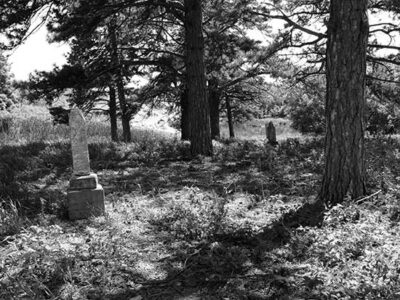When Albert Einstein turned 50 in 1929, an interviewer asked him point-blank Do you believe in God?Big Questions Online, a publication of the John Templeton Foundation,recounts his answer:
“I am not an atheist,” he began. “The problem involved is too vast for our limited minds. We are in the position of a little child entering a huge library filled with books in many languages. The child knows someone must have written those books. It does not know how. It does not understand the languages in which they are written. The child dimly suspects a mysterious order in the arrangement of the books but doesn’t know what it is. That, it seems to me, is the attitude of even the most intelligent human being toward God. We see the universe marvelously arranged and obeying certain laws but only dimly understand these laws.”
In a recent video posted on The Browser, Jonathan Pararajasingham, a medical doctor based in the UK, collects footage of 50 renowned academics talking about God. The speakers come from philosophical and scientific fields like physics, chemistry, astronomy, and anthropology and include Noam Chomsky, Steven Hawking, Richard Feynman, and Peter Singer, among others–all atheist or temperately agnostic in their views. (“Most scientists don’t think about God enough to know whether they believe in him or not,” says physicist Lawrence Krauss.)
The similarities between many of the academics’ thoughts–ranging from evidence-based belief to a focus on human suffering and justice to vague disinterest–are striking. What is also striking, though, is the homogeneity of the speakers. Would the discussion change if more female or culturally diverse academics were represented? How would it transform if it expanded to include individuals in the fields of art, literature, and music? What would Mozart, whose “Requiem Mass in D Minor” accompanies part of the film, tell us about God?
Sources: The Browser, Big Questions Online
Image by Marcel Oosterwijk, licensed under Creative Commons.





